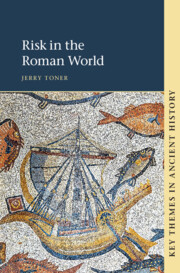This paper looks at one particular group of non-élite tradesmen — barbers — to see what they can tell us about popular culture, primarily in the city of Rome in the early Empire. It begins by looking at the significance barbers had in wider cultural discourse. Grooming the hair sat under that difficult umbrella term, cultus, which related to all manner of adornment and refinement. A key question for the study of ancient popular culture is whether it is possible to see through this largely élite literary construction and discern something of the underlying realities of everyday life. The paper argues that some level of plausible reconstruction is possible, and outlines what characteristics can be discovered about non-élite life. But popular sociability in the barbershop raised concerns among élite writers, and the paper examines these as a way to understand the nature of the relationship between popular and élite cultures.
